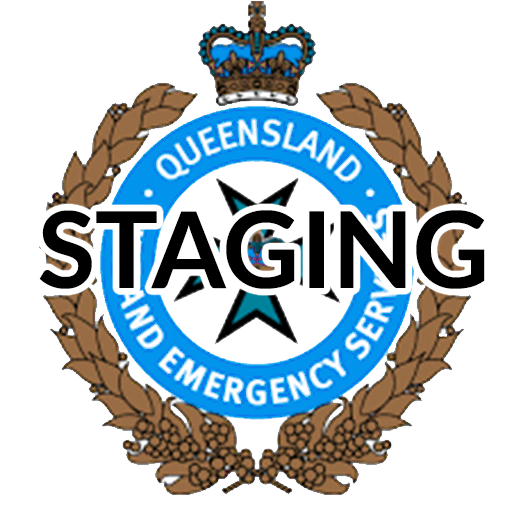Workshops
Qualifications
Workshops
CSAW_L1 Chainsaw Operator
CSAW_L1
Provides the skills and knowledge to safely and effectively operate chainsaw for the purpose of cutting up already fallen trees.
IMSC004 AIIMS/IMS Sector Commander
IMSC004
Sector Commander (IMSC004) provides a comprehensive overview of the Australasian Inter-Service Incident Management System (AIIMS). The Sector Commander course builds upon existing Incident Management exposure to further develop skills and knowledge in:
- implementing their portion of the Incident Action Plan (IAP)
- allocating/managing resources within their sector
- reporting on incident situation, the progress of operations, emerging risks, and the status of resources within the sector maintaining situational awareness
QFES personnel who have completed PUAFIR302 Suppress Urban Fire OR PUAFIR303 Suppress Wildfire, along with associated pre-requisite units of competency, may enrol in the Sector Commander Course, which requires 16 hours of classroom-based learning.
On completing Sector Commander, staff and volunteers will have detailed knowledge to build their skills in Incident Management and work towards functional role training.
QFES CPR
QFESCPR
The QFES CPR course (QFESCPR) has been developed to provide QFES personnel with the knowledge and skills to undertake and provide a CPR response to casualties at an incident.
QFES First Aid & CPR
QFESAID
The QFES First Aid course (QFESAID) has been developed to provide all QFES personnel with the knowledge and skills to undertake and provide a first aid response in a variety of operational or non – operational medical scenarios.
RCRC040 Introduction to Road Crash Rescue
RCRC040
This course is designed to give candidates an awareness only of road crash rescue scene safety and a basic familiarisation of equipment commonly used at road crashes.
RCRC050 Road crash rescue for Firefighters and Rescue Officers
RCRC050
This course provides the skills and knowledge required to gain access to and extricate casualties from vehicles that have crashed on the road, such as cars, motorcycles, buses, vans, tracks and semi-trailers, whilst minimising the potential for further injury and preserving the integrity of evidence.
RFVC105 Equipment and Safety
RFVC105
The course RFVC105 Equipment and Safety has been developed to provide Rural Fire Service (RFS) members with the knowledge, skills and information that is specifically relevant to the QFES workplace, where personnel are required to be involved in incidents, prescribed burns and operational aspects of emergency management.
The course includes identifying, implementing and monitoring the effectiveness of workplace hazards and risk control procedures. Learners will also gain the skills and knowledge required to inspect, maintain, test and restow a range of equipment.
The course includes identifying, implementing and monitoring the effectiveness of workplace hazards and risk control procedures. Learners will also gain the skills and knowledge required to inspect, maintain, test and restow a range of equipment.
RFVC110 Bushfire Tactics
RFVC110
The course RFVC110 Bushfire Tactics has been developed to provide QFES members with the knowledge and skills to undertake bushfire response and prescribed burns for agricultural, natural resource purposes or hazard mitigation.
RFVC115 Pumping & Practice
RFVC115
The course RFVC115 Pumping and Practice has been developed to provide QFES members with the knowledge and skills to undertake a range of pump operations, including water supply, draughting and foam operations.
VESC005 Working in the Rural Fire Service
VESC005
The course VESC005 Working in the Rural Fire Service has been developed to provide QFES members with the knowledge and skills to undertake the duties involved in working in the Rural Fire Service.
VESC205 Methods of Instruction
VESC205
VESC205 Methods of Instruction has been developed to enhance the knowledge and skills of QFES members undertaking the role of trainer. This interactive workshop includes a range of learning activities; participation is a key requirement of all in attendance. At the completion of the workshop, participants will be able to:
- prepare for training (accredited or non-accredited), including developing session plans, organising resources and meeting workplace health and safety requirements,
- utilise a range of training techniques, aids and skills, and
- facilitate learning in an environment that is engaging, motivating and relevant.
Successful completion of VESC205 Methods of Instruction, awards two (2) units of competency:
- TAEDEL301 Provide work skill instruction, and
- BSBCMM411 Make presentations.
Qualifications
